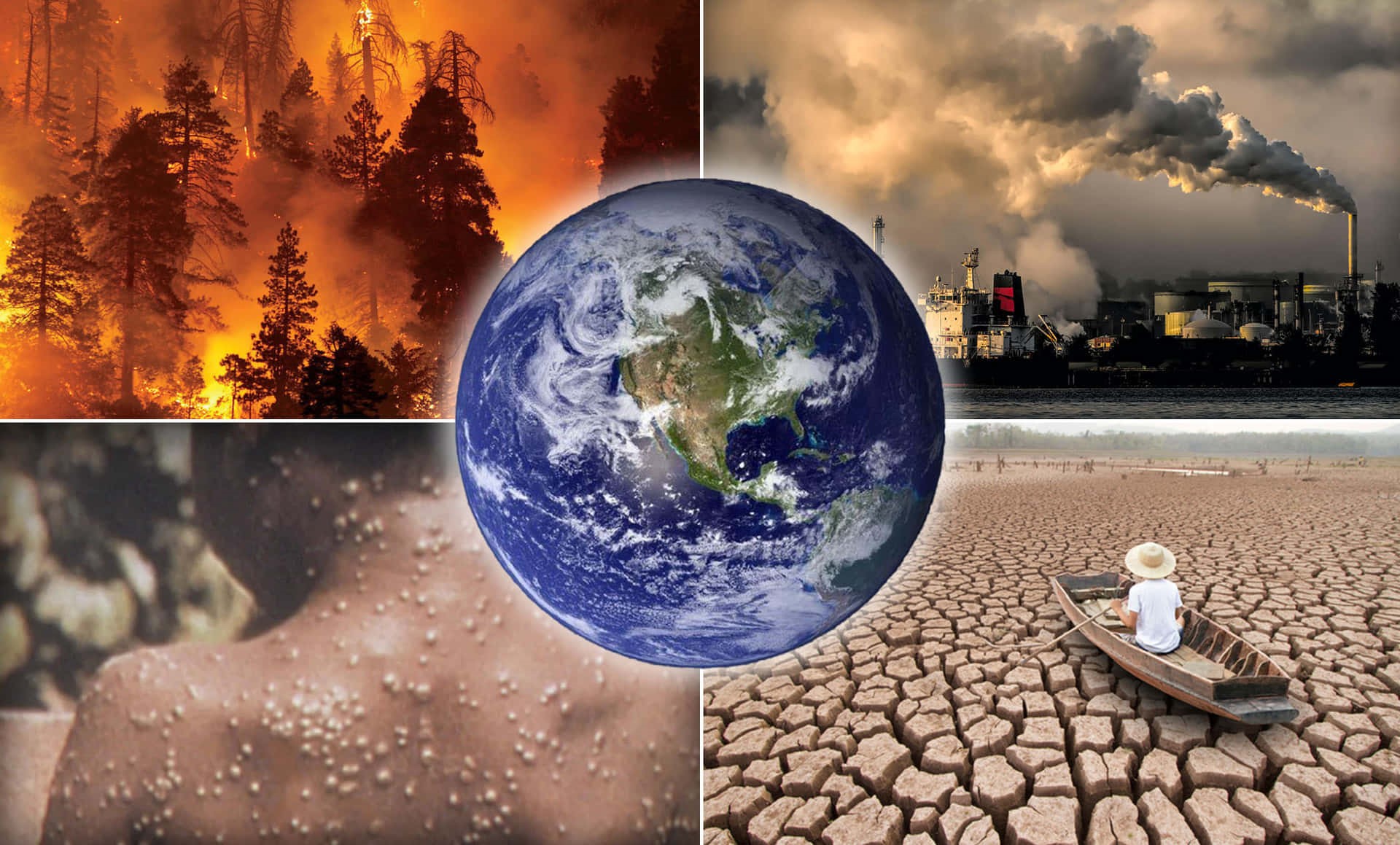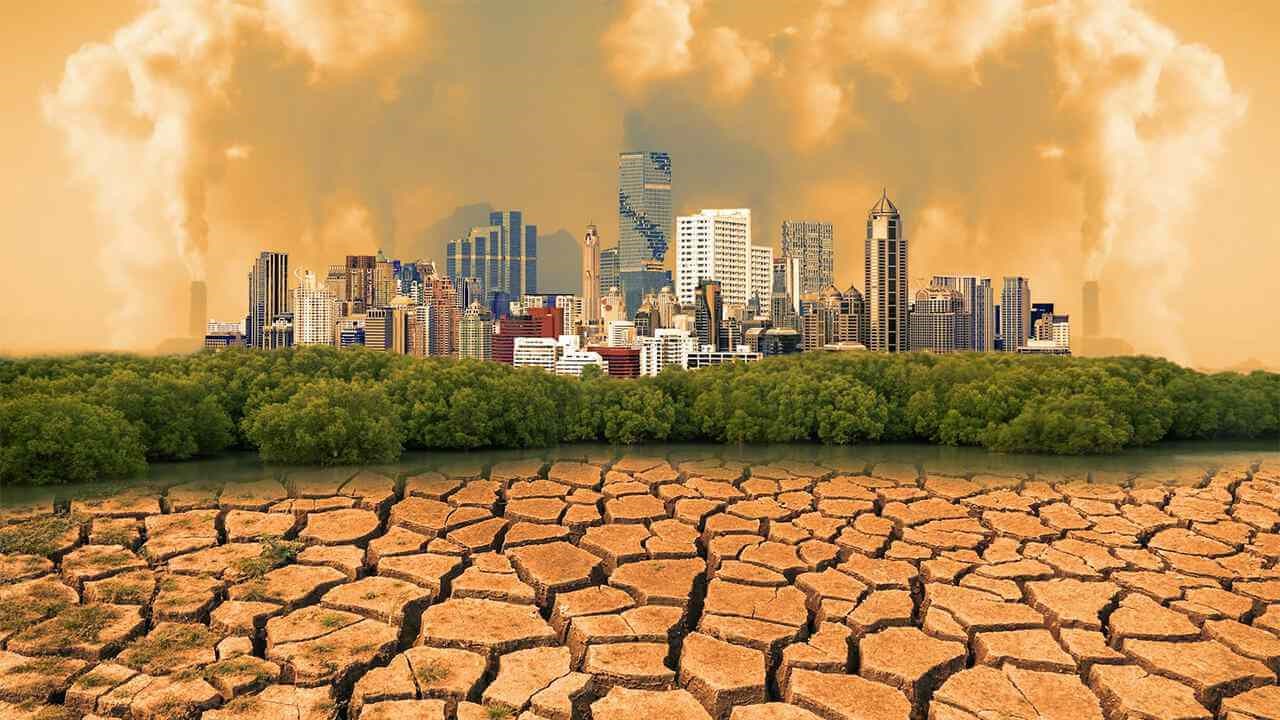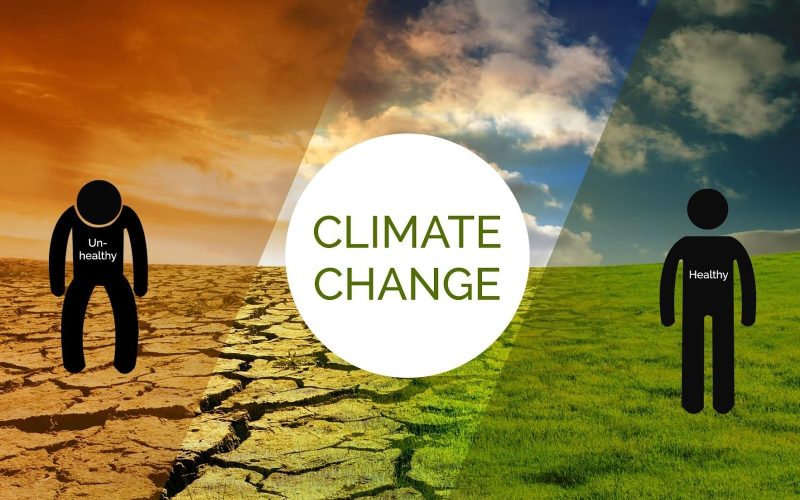Climate change is no longer a distant threat; it is a present-day reality that is reshaping our environment, economies, and societies. While much of the conversation around climate change has focused on rising sea levels, extreme weather events, and biodiversity loss, its impact on public health is equally significant but often overlooked. Understanding the nexus between climate change and public health is crucial for developing effective strategies to protect communities and mitigate adverse health outcomes.

The Climate Change-Public Health Nexus
1. Heat-Related Illnesses
One of the most direct impacts of climate change on public health is the increase in heat-related illnesses. As global temperatures rise, heatwaves are becoming more frequent and severe. Prolonged exposure to high temperatures can lead to heat exhaustion, heatstroke, and exacerbate pre-existing health conditions such as cardiovascular and respiratory diseases. Vulnerable populations, including the elderly, children, and those with chronic illnesses, are particularly at risk.
2. Air Quality Deterioration
Climate change contributes to the deterioration of air quality through the increased prevalence of wildfires, higher levels of ground-level ozone, and the proliferation of airborne allergens. Poor air quality is linked to a range of respiratory and cardiovascular conditions, including asthma, chronic obstructive pulmonary disease (COPD), and heart attacks. The World Health Organization (WHO) estimates that air pollution is responsible for 7 million premature deaths annually, a figure likely to rise as climate change progresses.
3. Vector-Borne Diseases
Rising temperatures and changing precipitation patterns are altering the habitats and behaviors of vectors such as mosquitoes and ticks, which transmit diseases like malaria, dengue fever, Lyme disease, and Zika virus. Warmer climates enable these vectors to expand their range, potentially exposing new populations to these diseases. For instance, the Aedes aegypti mosquito, responsible for transmitting dengue fever, is now found in regions previously considered too cool for its survival.
4. Water-Related Illnesses
Climate change is affecting water quality and availability, leading to an increase in water-related illnesses. Heavy rainfall and flooding can overwhelm sanitation systems, leading to the contamination of drinking water with pathogens such as E. coli, cholera, and Giardia. Conversely, droughts can reduce the availability of clean water, forcing communities to rely on unsafe sources. Both scenarios pose significant risks to public health, particularly in low-income regions with limited access to healthcare.
5. Food Security and Nutrition
The impact of climate change on agriculture can have profound effects on food security and nutrition. Extreme weather events, changing precipitation patterns, and increased temperatures can reduce crop yields and disrupt food supply chains. This can lead to food shortages, increased food prices, and reduced access to nutritious foods. Malnutrition, particularly in children, can have long-term health consequences, including stunted growth, weakened immune systems, and increased susceptibility to infections.
6. Mental Health Impacts
The psychological impact of climate change is an emerging area of concern. The stress and anxiety associated with extreme weather events, displacement, and loss of livelihoods can contribute to mental health issues such as depression, anxiety, and post-traumatic stress disorder (PTSD). Additionally, the existential threat posed by climate change can lead to feelings of helplessness and despair, particularly among younger generations who are increasingly aware of the long-term implications.

Mitigation and Adaptation Strategies
Addressing the public health impacts of climate change requires a multifaceted approach that includes both mitigation and adaptation strategies.
Mitigation
Mitigation efforts aim to reduce the greenhouse gas emissions that drive climate change. This can be achieved through policies and initiatives that promote renewable energy, energy efficiency, sustainable transportation, and reforestation. By reducing emissions, we can slow the pace of climate change and its associated health impacts.
Adaptation
Adaptation strategies focus on enhancing the resilience of communities to the inevitable impacts of climate change. This includes:
- Strengthening Healthcare Systems: Ensuring that healthcare infrastructure is robust and capable of responding to climate-related health emergencies.
- Early Warning Systems: Implementing early warning systems for extreme weather events and disease outbreaks to enable timely responses.
- Public Education: Raising awareness about the health risks associated with climate change and promoting behaviors that reduce vulnerability, such as staying hydrated during heatwaves and using insect repellent in areas with high vector activity.
- Urban Planning: Designing cities and communities to be more resilient to climate impacts, such as creating green spaces to reduce urban heat islands and improving drainage systems to prevent flooding.
The Role of Policymakers and Communities
Policymakers play a critical role in addressing the public health impacts of climate change. This includes enacting legislation that supports mitigation and adaptation efforts, funding research on climate-related health risks, and ensuring that public health considerations are integrated into climate policies.
Communities also have a vital role to play. Grassroots initiatives can drive local action, such as community gardens that enhance food security, local air quality monitoring programs, and neighborhood preparedness plans for extreme weather events.
Conclusion
The impact of climate change on public health is a complex and multifaceted issue that requires urgent attention. By understanding the ways in which climate change affects health and implementing effective mitigation and adaptation strategies, we can protect vulnerable populations and build more resilient communities. The time to act is now, as the health and well-being of current and future generations depend on our collective efforts to address this global challenge.












